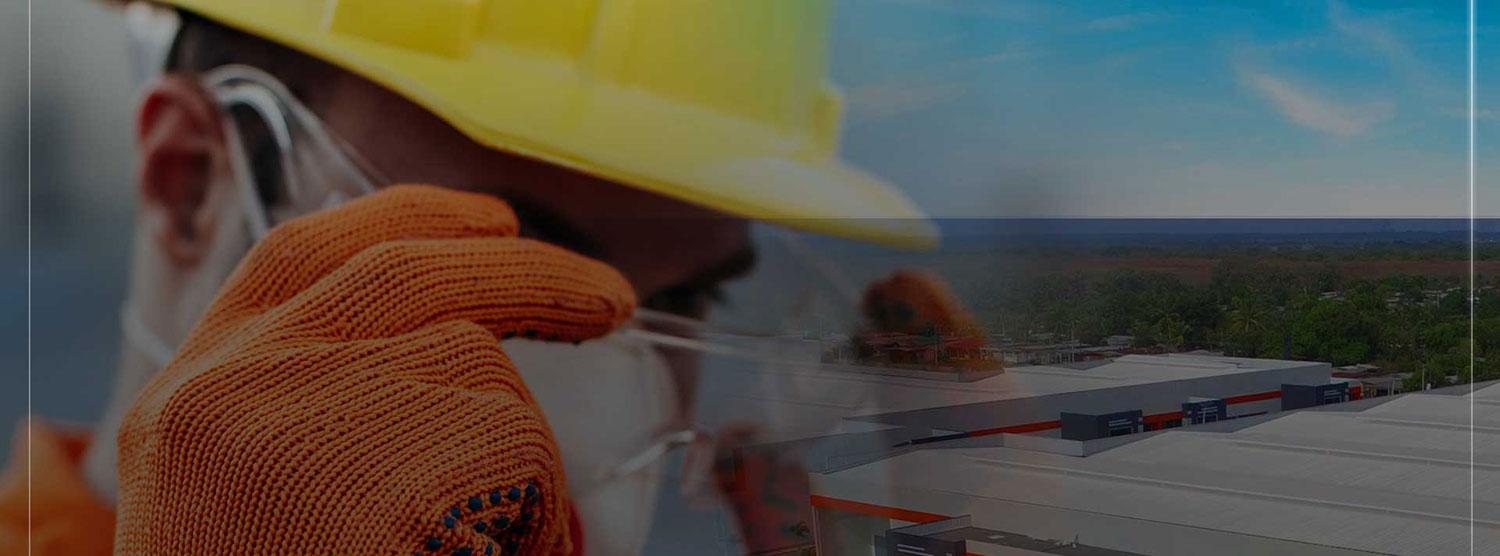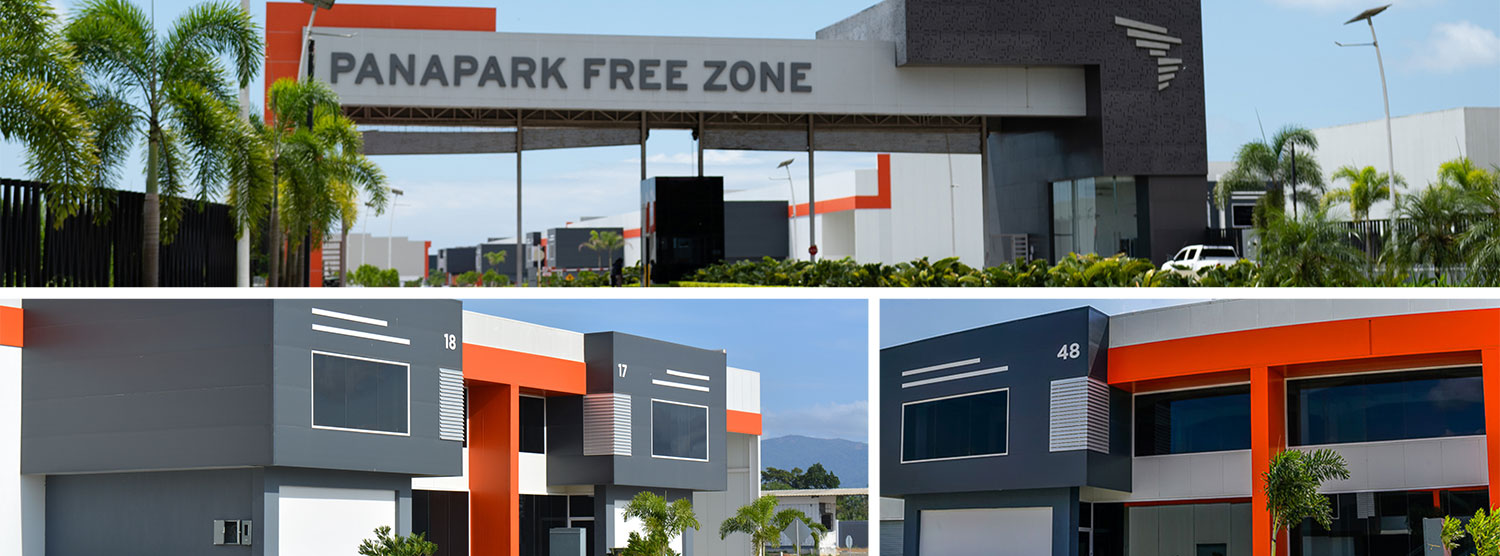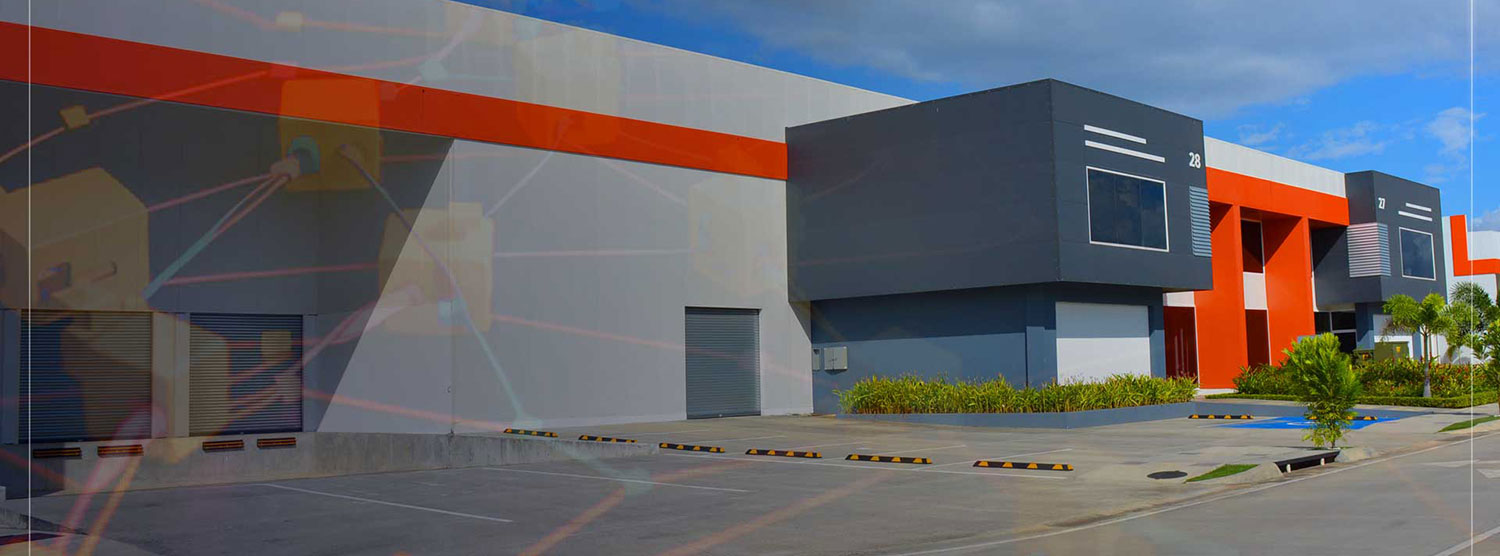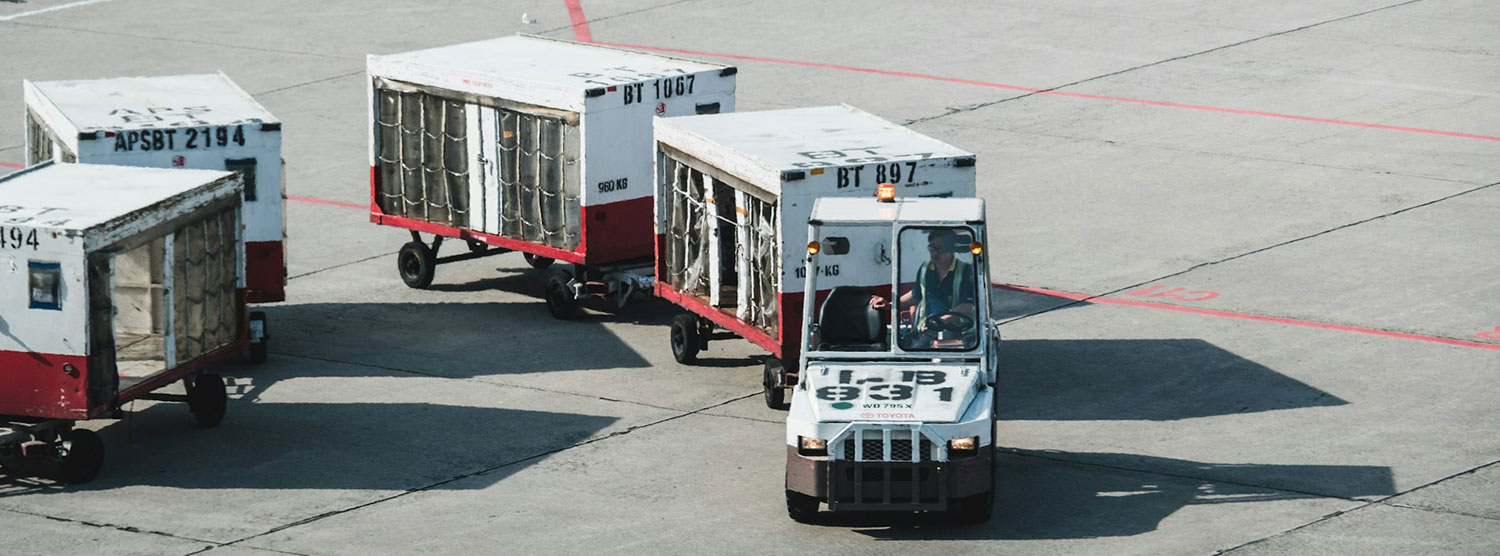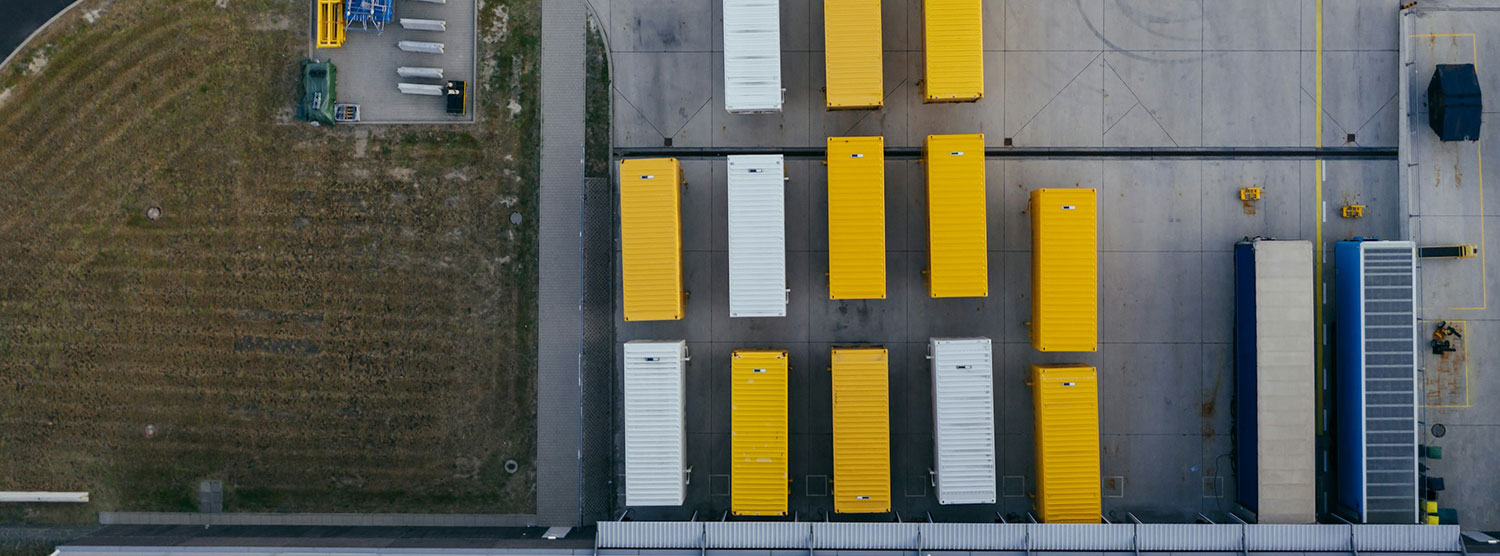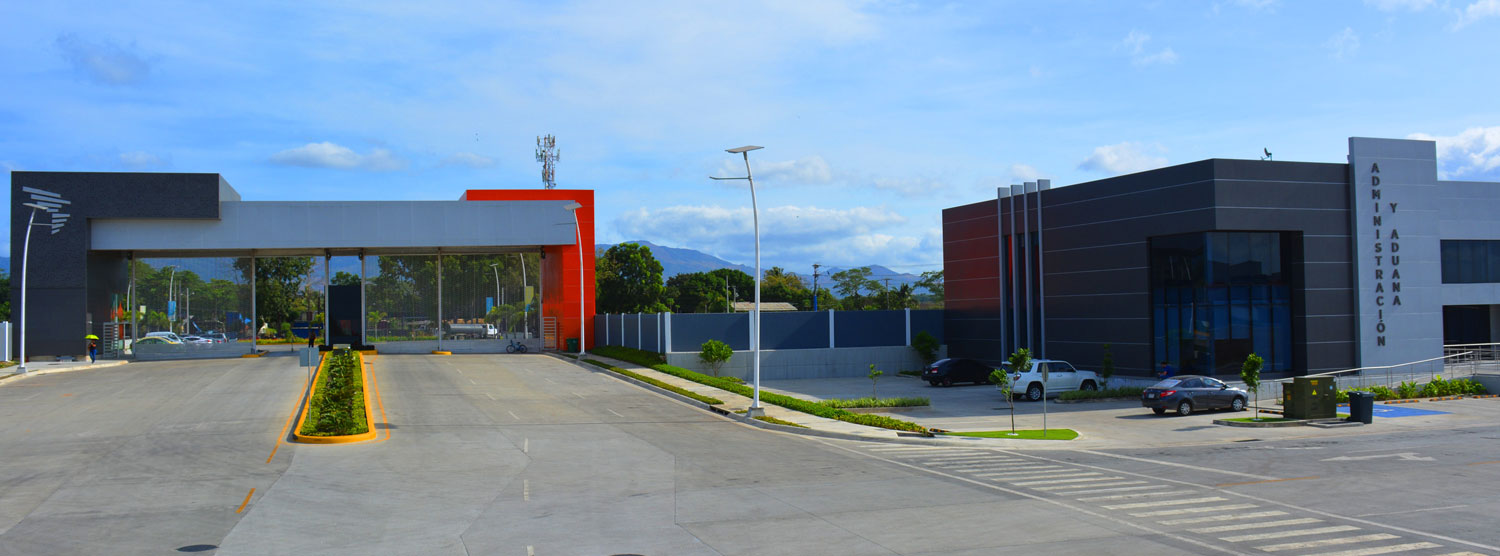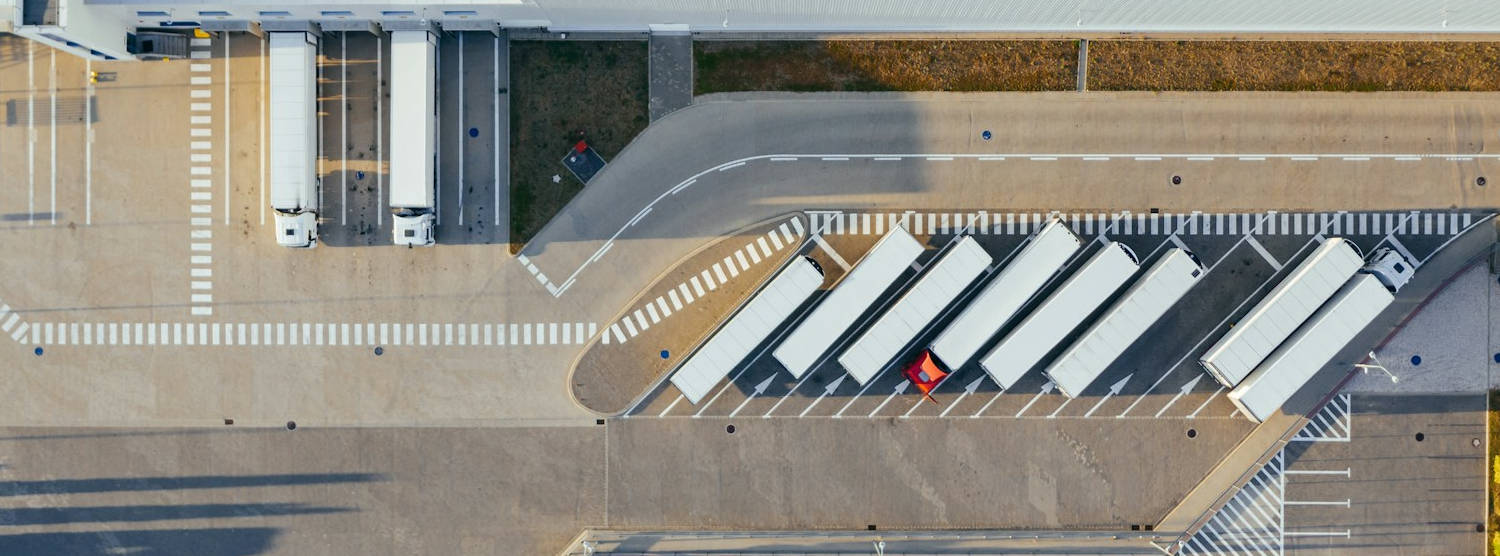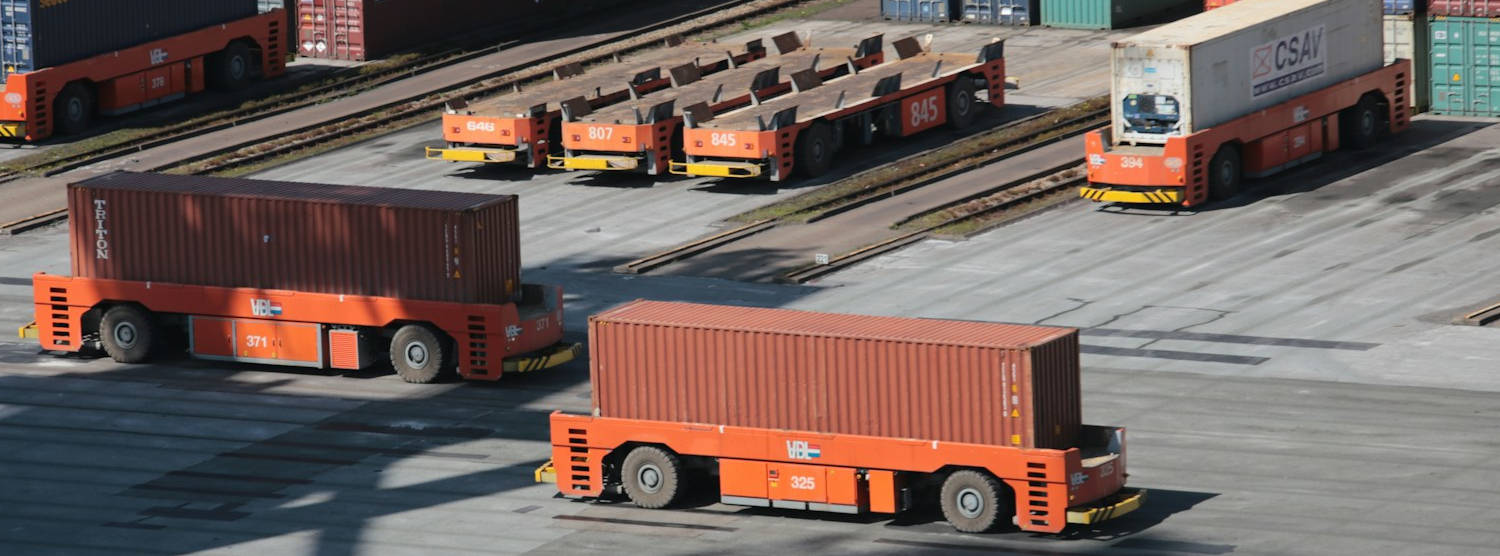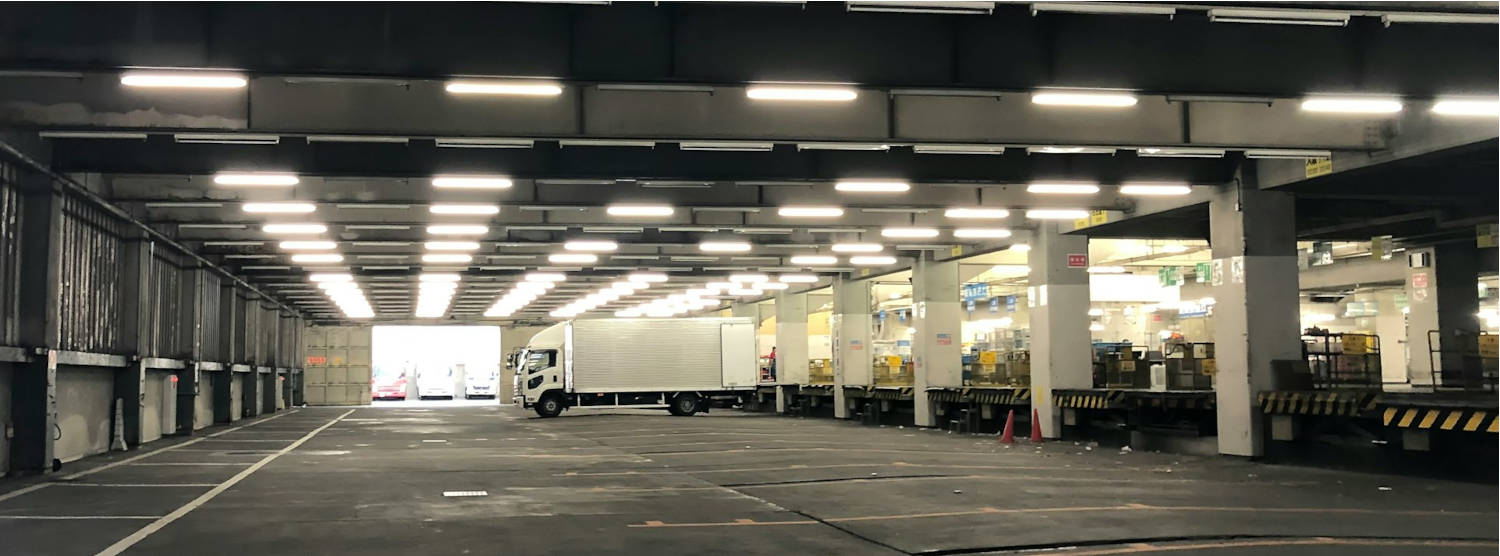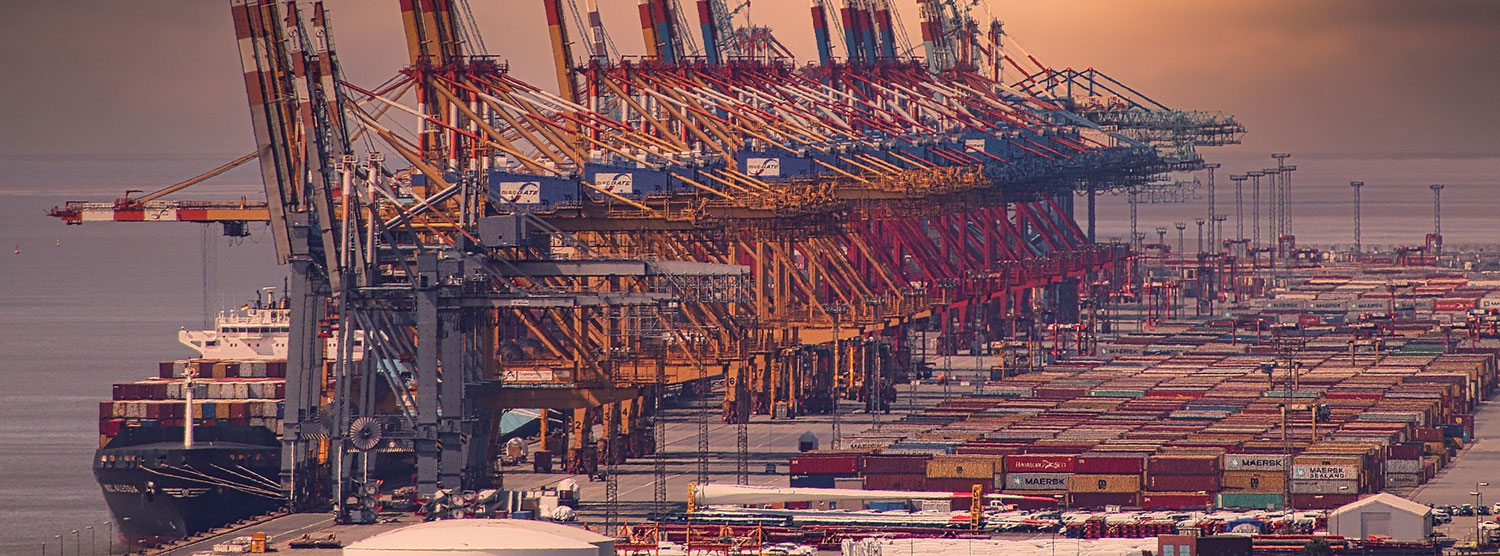Expanding Horizons: The Importance of International Expansion for Companies
In an increasingly globalized world, international expansion has become a fundamental strategy for the growth and sustainability of companies. Seeking new markets, diversifying risks, and capturing opportunities are just some of the benefits this process offers. In this context, Panapark Free Zone emerges as an invaluable ally for companies looking to take the leap into the international market.
Panapark Free Zone: Facilitating the Transition to Internationalization
Panapark Free Zone, on its path to becoming a Free Zone 4.0, positions itself as an ideal starting point for companies that wish to expand beyond local borders. How does Panapark assist in this transition?
- World-Class Infrastructure: Panapark offers modern and efficient facilities, equipped with the latest technology, facilitating companies’ adaptation to international standards.
- Strategic Location: Situated in a prime location with access to major trade routes and logistics centers, Panapark provides a strategic base for reaching global markets.
- Integrated Services: From customs and logistics services to business consulting, Panapark provides a comprehensive suite of integrated services to support companies at all stages of their international expansion.
- Global Network of Contacts: By establishing in Panapark, companies can access a network of international contacts and collaborators, facilitating entry into new markets and the creation of strategic alliances.
What are the tangible benefits Panapark offers to companies that choose to establish in our Free Zone?
- Fiscal and Customs Incentives: Panapark provides tax and customs benefits that allow companies to maximize their profits and reduce operating costs.
- Access to Global Markets: Thanks to its world-class infrastructure and services, Panapark offers companies a solid platform to access international markets and expand their global reach.
- Operational Flexibility: With customized and flexible space options, Panapark allows companies to adapt their operations according to their specific needs and growth scales.
Panapark Free Zone is not just a business center but a dynamic and forward-thinking business ecosystem that facilitates the international expansion of companies and provides the necessary tools to thrive in a globalized market.
If you are looking to take the next step in expanding your company, Panapark is the ideal partner to accompany you towards international success.
Everything You Need to Know About Panama's Free Trade Zone Regime and the Benefits of Establishing in Panapark Free Zone
Panama, a country renowned for its dynamic economy and strategic position in international trade, has heavily invested in the development of free trade zones as part of its strategy to attract foreign investment and promote international trade. In this context, Panapark Free Zone emerges as a key player, offering a solid platform for companies looking to establish themselves in the region. But what exactly is Panama’s free trade zone regime, and how does it work? In this article, we will explore this topic in detail, as well as the benefits that Panapark Free Zone provides to companies choosing to operate under this regime.
What is Panama’s Free Trade Zone Regime?
Panama’s free trade zone regime is a system designed to promote foreign investment and international trade by offering a series of tax incentives and operational facilities to companies that choose to establish themselves in areas designated as free trade zones. These zones are subject to special regulations that allow them to operate with a high degree of autonomy and flexibility, with the aim of fostering competitiveness and economic growth.
How is Panama’s Free Trade Zone Regime Composed?
Panama’s free trade zone regime is composed of a series of laws and regulations that establish the legal and operational frameworks for the functioning of these zones. Some of the key elements of this regime include:
- Law 32 of April 5, 2011: This law establishes the legal framework for the creation and operation of free trade zones in Panama, as well as the tax and customs incentives applicable to companies operating in these zones.
- Free Trade Zone Regulation under Executive Decree No. 62 of April 11, 2017: This regulation details the requirements and procedures for the creation and operation of free trade zones, including aspects related to infrastructure, company registration, and tax and customs obligations.
Panapark Free Zone: Compliance and Benefits for Companies
Panapark Free Zone, located in the province of Panama, is a clear example of how free trade zones in the country offer a conducive environment for the establishment and growth of international companies. Operating under the free trade zone regime, Panapark Free Zone complies with all regulations established by Law 32 of 2011 and the Free Trade Zone Regulation, thus guaranteeing a safe and transparent environment for the companies operating within it.
Benefits of Establishing in Panapark Free Zone through the Free Trade Zone Regime:
- Tax Incentives: Companies operating in Panapark Free Zone under the free trade zone regime enjoy a series of tax incentives, including exemptions from income taxes, import and export duties, as well as additional benefits for investment in research and development.
- Operational Facilities: Panapark Free Zone offers first-class infrastructure and support services for business operations, which include modern facilities, comprehensive logistics services, and access to a highly qualified workforce.
- Access to International Markets: Thanks to its strategic location and existing trade agreements, companies established in Panapark Free Zone have privileged access to key markets in Latin America, the Caribbean, and beyond.
Panama’s free trade zone regime, supported by initiatives such as Panapark Free Zone, offers companies a solid platform to expand their operations and take advantage of growth opportunities in the region. With tax incentives, operational facilities, and access to international markets, Panapark Free Zone positions itself as a strategic partner for companies looking to establish themselves in Panama and expand in the global market. In an increasingly competitive world, Panapark Free Zone plays a crucial role in driving economic development and attracting foreign investment to Panama.
Ensuring Safety in Industrial and Logistics Operations: A Priority at Panapark Free Zone
At Panapark Free Zone, safety is a cornerstone for the industrial and logistics operations of the companies established in our Free Zone. We recognize the importance of maintaining rigorous standards to protect our personnel, facilities, and our clients’ goods. In this article, we will explore practical tips for enhancing safety, analyze specific protocols in free trade zones and their impact on trade, and provide essential information on the measures necessary to meet international standards.
Tips for Improving Safety in Industrial and Logistics Operations
- Training and Education: Personnel must be properly trained in safety procedures, from equipment handling to emergency response.
- Regular Inspections: Conduct periodic inspections of equipment, infrastructure, and procedures to identify potential risks and take preventive measures.
- Use of Technology: Implement advanced security systems such as surveillance cameras, alarm systems, and access control to protect facilities and monitor suspicious activities.
- Safety Culture: Foster a safety culture throughout the organization, where every employee understands their role in preventing accidents and promoting a safe working environment.
Analysis of Security Protocols in Free Trade Zones
Free trade zones require specific security protocols due to the nature of their operations and the presence of sensitive goods. At Panapark Free Zone, our protocols are designed to ensure the integrity of the supply chain and comply with international security standards.
Security Measures to Meet International Standards
Meeting international security standards is essential for maintaining competitiveness in the global market and ensuring customer trust. This may include implementing strict access controls, certifying facilities under recognized standards, and adopting risk management practices.
At Panapark Free Zone, we provide a safe and secure environment for all our clients. From personnel training to the implementation of advanced technologies, we are dedicated to ensuring safety every step of the way.
Promoting Sustainability in Industry and Logistics: The Role of Panapark Free Zone
In a world increasingly aware of the importance of environmental sustainability, it is crucial for industry and logistics to align with practices that minimize their environmental impact. In this regard, Panapark Free Zone stands as a benchmark in promoting sustainable practices, fostering productive linkages, and adopting the circular economy.
Sustainable Practices in Industry and Logistics
Publications on sustainable practices in industry and logistics are essential today. From reducing carbon emissions to optimizing natural resources, these initiatives aim to drive more equitable and environmentally friendly economic development. At Panapark Free Zone, we are committed to promoting these practices among our partner companies, providing advice and support for the implementation of sustainable solutions.
Productive Linkages and Environmental Sustainability
Productive linkage, understood as the interconnection of companies in a value chain, plays a fundamental role in promoting environmental sustainability. By working collaboratively, companies can optimize resource use, reduce waste, and improve energy efficiency. At Panapark Free Zone, we encourage the establishment of productive linkage networks that integrate sustainable practices at every stage of the value chain.
Circular Economy and Panapark Free Zone
The circular economy is an economic model that aims to minimize waste and maximize resource use through reuse, recycling, and regeneration. At Panapark Free Zone, we are committed to promoting the circular economy among our partner companies. From implementing recycling programs to adopting innovative technologies, we work to create a business ecosystem that actively contributes to environmental sustainability.
To sum up, Panapark Free Zone positions itself as a leader in promoting sustainable practices in industry and logistics. Through fostering productive linkages and adopting the circular economy, we aim to drive economic development that respects the planet’s limits. Join us on this journey towards a more sustainable future!
Ensuring Safety in Industrial and Logistics Operations: A Priority at Panapark Free Zone
At Panapark Free Zone, safety is a cornerstone for the industrial and logistics operations of the companies established in our Free Zone. We recognize the importance of maintaining rigorous standards to protect our personnel, facilities, and our clients’ goods. In this article, we will explore practical tips for enhancing safety, analyze specific protocols in free trade zones and their impact on trade, and provide essential information on the measures necessary to meet international standards.
Tips for Improving Safety in Industrial and Logistics Operations
- Training and Education: Personnel must be properly trained in safety procedures, from equipment handling to emergency response.
- Regular Inspections: Conduct periodic inspections of equipment, infrastructure, and procedures to identify potential risks and take preventive measures.
- Use of Technology: Implement advanced security systems such as surveillance cameras, alarm systems, and access control to protect facilities and monitor suspicious activities.
- Safety Culture: Foster a safety culture throughout the organization, where every employee understands their role in preventing accidents and promoting a safe working environment.
Analysis of Security Protocols in Free Trade Zones
Free trade zones require specific security protocols due to the nature of their operations and the presence of sensitive goods. At Panapark Free Zone, our protocols are designed to ensure the integrity of the supply chain and comply with international security standards.
Security Measures to Meet International Standards
Meeting international security standards is essential for maintaining competitiveness in the global market and ensuring customer trust. This may include implementing strict access controls, certifying facilities under recognized standards, and adopting risk management practices.
At Panapark Free Zone, we provide a safe and secure environment for all our clients. From personnel training to the implementation of advanced technologies, we are dedicated to ensuring safety every step of the way.
Everything You Need to Know About the Free Trade Zone Regime in Panama and the Benefits of Establishing in Panapark Free Zone
Panama, a country recognized for its dynamic economy and strategic position in international trade, has strongly committed to the development of free trade zones as part of its strategy to attract foreign investment and promote international trade. In this context, Panapark Free Zone emerges as a key player, offering a solid platform for companies wishing to establish themselves in the region. But what exactly is the free trade zone regime in Panama, and how does it work? In this article, we will explore this topic in detail, as well as the benefits that Panapark Free Zone provides to companies choosing to operate under this regime.
What is the Free Trade Zone Regime in Panama?
The free trade zone regime in Panama is a system designed to promote foreign investment and international trade by offering a series of tax incentives and operational facilities to companies that choose to establish themselves in areas designated as free trade zones. These zones are subject to special regulations that allow them to operate with a high degree of autonomy and flexibility, aiming to foster competitiveness and economic growth.
How is the Free Trade Zone Regime in Panama Composed?
The free trade zone regime in Panama consists of a series of laws and regulations that establish the legal and operational frameworks for the functioning of these zones. Some of the key elements of this regime include:
- Law 32 of April 5, 2011: This law establishes the legal framework for the creation and operation of free trade zones in Panama, as well as the tax and customs incentives applicable to companies operating in these zones.
- Free Trade Zones Regulation under Executive Decree No. 62 of April 11, 2017: This regulation details the requirements and procedures for the creation and operation of free trade zones, including aspects related to infrastructure, company registration, and tax and customs obligations.
Panapark Free Zone: Compliance and Benefits for Companies
Panapark Free Zone, located in the province of Panama, is a clear example of how free trade zones in the country offer a conducive environment for the establishment and growth of international companies. Operating under the free trade zone regime, Panapark Free Zone complies with all the regulations established by Law 32 of 2011 and the Free Trade Zones Regulation, thus guaranteeing a safe and transparent environment for the companies operating there.
Benefits of Establishing in Panapark Free Zone through the Free Trade Zone Regime:
- Tax Incentives: Companies operating in Panapark Free Zone under the free trade zone regime enjoy a series of tax incentives, including exemptions from income tax, import and export taxes, as well as additional benefits for investment in research and development.
- Operational Facilities: Panapark Free Zone offers first-class infrastructure and support services for business operations, including modern facilities, comprehensive logistics services, and access to a highly qualified workforce.
- Access to International Markets: Thanks to its strategic location and existing trade agreements, companies established in Panapark Free Zone have privileged access to key markets in Latin America, the Caribbean, and beyond.
The free trade zone regime in Panama, supported by initiatives like Panapark Free Zone, offers companies a solid platform to expand their operations and take advantage of growth opportunities in the region. With tax incentives, operational facilities, and access to international markets, Panapark Free Zone positions itself as a strategic partner for companies looking to establish themselves in Panama and expand in the global market. In an increasingly competitive world, Panapark Free Zone plays a crucial role in driving economic development and attracting foreign investment to Panama.
Driving Logistics Efficiency: Keys to Success at Panapark Free Zone
At Panapark Free Zone, we are committed to excellence in logistics and international trade. In our continued effort to promote safe and efficient practices, as well as facilitate global trade, we are pleased to present a series of resources that address key aspects of logistics in free zones.
-
Practical Guides for the Safe Movement of Cargo and Certifications:
Safe cargo movement is essential to ensure efficient operations and meet international standards. Our practical guides offer detailed information on cargo handling processes, supply chain security, and compliance with certifications such as AEO (Authorized Economic Operator) and BASC (Business Alliance for Secure Commerce). Our practical guides offer detailed information on cargo handling processes, supply chain security, and compliance with certifications such as AEO (Authorized Economic Operator) and BASC (Business Alliance for Secure Commerce). These certifications are recognized worldwide and demonstrate our commitment to safety and integrity at all stages of the logistics chain.
-
Importance of Logistics Connectivity in International Trade:
In an increasingly interconnected world, logistics connectivity plays a crucial role in the success of international trade. Our articles highlight the importance of having efficient infrastructure and systems that facilitate the fluid movement of goods nationally and internationally. At Panapark Free Zone, we work closely with our partners and authorities to ensure optimal logistics connectivity that drives economic and commercial growth.
-
Tips to Optimize Logistics Processes in Free Zones:
Free zones offer important advantages in terms of simplification of customs procedures, tax incentives and logistical facilities. However, to take full advantage of these benefits, it is essential to optimize logistics processes. Our practical advice addresses topics such as inventory management, transportation coordination, and implementing innovative technologies to improve operational efficiency in free zone environments.
At Panapark Free Zone we are committed to providing resources and guidance to continually improve logistics processes at our facilities. From secure cargo handling to optimizing logistics connectivity, we are here to support our customers every step of the way to success in international trade. Join us on our journey towards logistics excellence!
The Clustering Strategy that drives the Transformation of the Panapark Free Trade Zone
Panapark Free Zone, the largest private free zone in Panama, has stood out on the business scene for its visionary approach in its clusterization strategy. This approach has transformed the way companies operate internally, promoting collaboration and synergy between like-minded companies. In this article, we will explore in detail how Panapark Free Zone leads this strategy.
Clusterization: Fostering Business Collaboration
Clustering is a strategy that seeks to bring together companies that operate in related sectors in a common space. This initiative encourages collaboration and the exchange of knowledge and resources, which translates into greater competitiveness for all companies involved. At Panapark Free Zone, clustering has proven to be a catalyst for growth and innovation.
Tangible Advantages of Clustering in Panapark Free Zone
The adoption of the clustering strategy in Panapark Free Zone has generated a series of palpable benefits, including:
Innovation
: Proximity between like-minded companies stimulates innovation and the generation of joint solutions.
Efficiency
: Collaboration and resource sharing promote greater operational efficiency, which translates into competitive advantage.
Networking and Strategic Alliances:
Clustering facilitates the creation of networks of contacts and the establishment of strategic alliances, which can lead to fruitful business opportunities.
Attracting Investment:
Collaboration and innovation in the Panapark Free Zone attract the attention of investors interested in the potential of the companies that operate there.
An Example to Follow in the World of Free Zones
The clusterization strategy in Panapark Free Zone has not only benefited the companies within it, but has also established a model to follow in the world of free zones. Its commitment to collaboration, innovation and efficiency has been innovative in the development of a more dynamic and collaborative business environment.
Ultimately, the clusterization strategy in Panapark Free Zone has proven to be a game-changer in the way companies operate in the largest Private Free Zone in Panama. This initiative has driven collaboration, innovation and efficiency, which benefits all companies involved. With its visionary approach, Panapark Free Zone continues to lead the way and position itself as a reference model for companies seeking to strengthen their competitiveness and promote business collaboration in an environment of sustainable growth.
Panapark Free Zone & The Strategic Importance of it’s International Connectivity
In an increasingly interconnected world, a company’s location and its access to various forms of international connectivity have become critical factors for success in the global marketplace. Panapark Free Zone, is a Free Zone strategically located in the Republic of Panama, stands out for its exceptional geographical position and its ability to provide first-class air, sea and land connectivity to companies that choose to establish themselves in its premises. In this article, we will explore the importance of this comprehensive connectivity and how it benefits businesses in their quest for growth and competitiveness.
Panapark Free Zone Strategic Location
The Republic of Panama is a country in Central America that unites North and South America, and separates two oceans, the Atlantic and the Pacific. This unique geographical location gives it a fundamental role as a global logistics and transportation center. Within Panama, Panapark Free Zone is located in a privileged position, near the Panama Canal and just 6 km from Tocumen International Airport, making it a strategic access point for companies seeking to connect with global markets.
World Class Air Connectivity
Tocumen International Airport, located just minutes from Panapark Free Zone, is the largest and busiest airport in Central and South America. This world-class airport infrastructure offers direct connections to more than 90 destinations in the Americas, Europe and Asia. For companies operating in Panapark, this means fast and efficient access to global markets through an extensive network of air routes with destinations such as:
Access to Vital Maritime Routes
+7. 3 million TEU per year and access to 1,700 ports in the world, Mobilizes 6% of global maritime trade, 5 of the 10 ports in the region are in Panama.
Panama brings all the markets of the American continent closer by air in just a few hours and by sea between 1-7 days.
The Panama Canal is one of the most important maritime transport arteries in the world. Panapark Free Zone is located a short distance from the Canal, making it easy to transport goods through this crucial thoroughfare. Additionally, 39.4 km from the Port of Balboa and 92.4 km from the Port of Cristobal, located near Panapark, they offer first-class maritime connectivity, allowing companies to import and export products efficiently and competitively.
Connection through telecommunications
Connectivity through 7 submarine fiber optic cables
- 100% regional traffic
- 97% of international voice traffic
- 90% electronic data transmission
- Virtually unlimited bandwidth
Road Network and Land Connections
Land connectivity is equally essential for businesses seeking to operate efficiently in the global marketplace. Panapark Free Zone benefits from a modern and well-maintained road network connecting to the region’s main land corridors. This facilitates the transportation of goods to neighboring countries, reaching Mexico, and access to important land transportation routes that cross Central America.
Wide Network of commercial exchange agreements
- 20 commercial exchange agreements that reach 60 countries
- 3 Billion Access to a Consumer Market
- +$29,000 Purchasing power per capita
Competitive Advantages for Companies in Panapark Free Zone
The international air, sea and land connectivity offered by Panapark Free Zone provides significant competitive advantages to companies that establish themselves in its area. Some of the key benefits include:
Reduction of Multimodal Logistics Costs
Efficient access to multiple forms of international transportation allows companies to reduce logistics costs and accelerate product delivery time, improving customer satisfaction and competitiveness in the global market.
Market Expansion
The strategic location of Panapark Free Zone allows companies to access a wide range of international markets more quickly due to its proximity to those markets, which gives them the opportunity to expand their operations and increase their customer base.
Business Resilience
The diversification of transportation options and proximity to alternative routes increase the resilience of companies to possible interruptions in the flow of goods in international trade.
In short, the Multimodal air, sea and land connectivity offered by Panapark Free Zone is an invaluable asset for companies seeking to expand in the global market.
Panama’s strategic geographic location and first-class transportation infrastructure provide companies with a competitive advantage that allows them to reach distant markets, reduce logistics costs and strengthen their business resilience. In an increasingly interconnected and competitive world, Panapark Free Zone stands out as a strategic integrative ally for the growth and success of companies on the global stage.
Operational Growth in Free Zones: Panapark Free Zone, the Ideal Integrative Ally
Today, companies look for opportunities to grow efficiently and profitably. One of the most effective strategies in order to achieve this objective is to establish in free zones, because of their tax and operational advantages. These enclosures offer a series of tax and operational advantages to the companies that reside there. In this article, we will explore how operational growth for businesses in free zones has become an accessible reality thanks to Panapark Free Zone, an integrative partner that offers an enabling environment and a range of world-class services.
The Advantages of Operating in Free Zones
Free zones are areas designated by the governments of different countries to promote foreign investment and business expansion. These areas offer a number of significant benefits, including:
- Fiscal benefits: Companies operating in free zones often enjoy a range of tax benefits, both on imports and exports, as well as significant reductions in corporate taxes and other tax-related benefits.
- Logistics Facilities: Free zones are often strategically located near ports, airports and transportation networks, facilitating import and export logistics.
- Access to International Markets: Location in a free zone can facilitate access to international markets, as many of these areas are close to key trade routes.
- Operational Flexibility: Companies in free zones often enjoy greater flexibility in terms of labor and trade regulations, making operational management easier.
Panapark Free Zone: Your Integrative Ally for Operational Growth
Panapark Free Zone, strategically located in the Republic of Panama, is an outstanding example of a free zone that has evolved to become an ideal integrative ally for the operational growth of companies. Here are some reasons why Panapark stands out:
- World Class Infrastructure: Panapark Free Zone offers world-class infrastructure including a modern industrial park, advanced warehousing facilities and well-equipped office spaces. This high-quality infrastructure allows companies to operate efficiently and comfortably.
- International Connectivity: Panama, and specifically Panapark Free Zone, has exceptional international connectivity. With access to vital shipping routes through the Panama Canal, a nearby international airport and a well-developed road network, businesses in Panapark can trade effectively around the world.
- Customized services: Panapark stands out for offering personalized services to companies that establish themselves in its free zone. This includes advisory and consulting services to help businesses make the most of the tax and operational benefits available.
- Active Business Community: Panapark Free Zone is home to an active and diverse business community, providing opportunities for collaboration and networking. This interaction between companies can lead to additional synergies and growth opportunities.
- Commitment to Sustainability: Panapark Free Zone has also demonstrated its commitment to sustainability through environmental and social initiatives that benefit businesses and the community at large.
To sum up, the operational growth of companies in free zones is a viable and effective strategy to expand their operations in the global market. Panapark Free Zone stands out as an ideal integrative partner that offers a combination of tax advantages, world-class infrastructure, international connectivity and personalized services.
If you are looking for an environment conducive to the growth of your company, Panapark Free Zone is the perfect choice to achieve your operational expansion goals.
